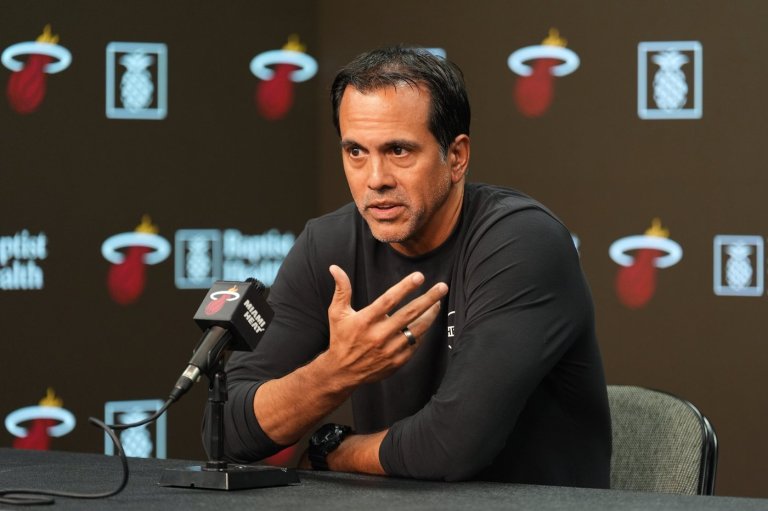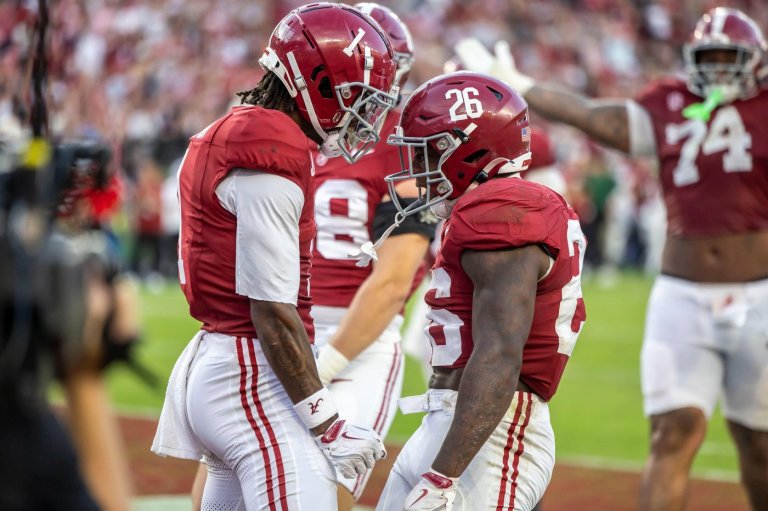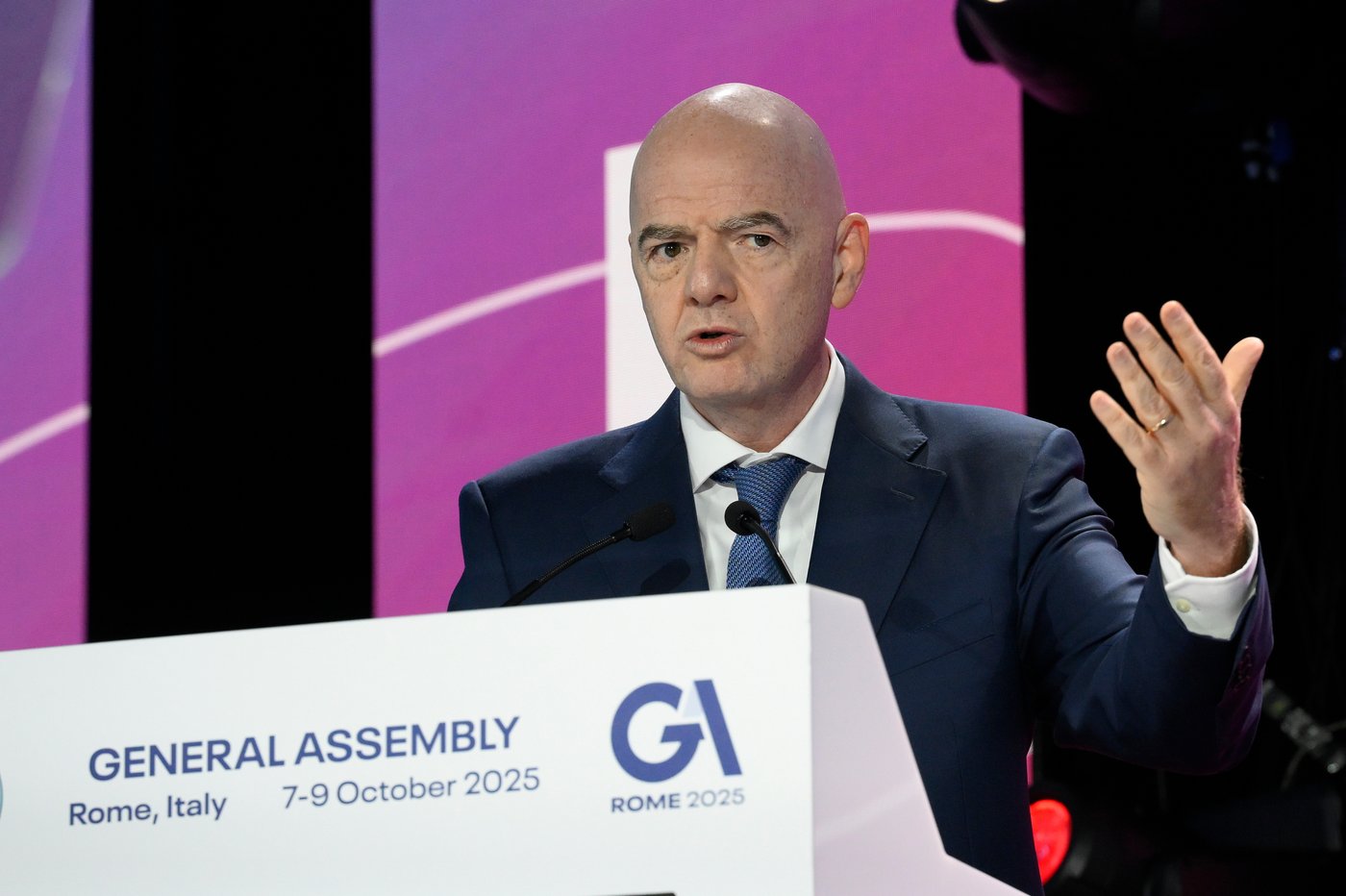
FIFA president Infantino calls on protesters to keep calm at Israel’s soccer games amid peace talks
ROME (AP) — FIFA President Gianni Infantino issued an appeal for protesters to keep calm ahead of Israel’s upcoming soccer World Cup qualifying matches in Norway and Italy after an agreement was reached with Hamas to a pause in their devastating two-year war.
Pro-Palestinian protesters approached the gates of the Italy squad’s training center in Florence last week to demand that next Tuesday’s Italy-Israel match in Udine isn’t played — part of a national strike that saw millions of activists take to the streets.
Infantino, who is Swiss-Italian, was asked on the sidelines of a European Football Clubs (EFC) assembly in the Italian capital on Thursday what his message would be ahead of Israel’s games and projected protests.
“Now everyone should be happy about (the peace plan) and everyone should support the process,” Infantino told reporters. “Of course this goes beyond football — but includes football as well.”
Israel visits Norway on Saturday before traveling to Italy, where an estimated 10,000 people were planning to protest the match in Udine before the peace talks began.
On Wednesday, though, U.S. President Donald Trump said Israel and Hamas agreed to the “first phase” of his plan to pause fighting and release at least some hostages and prisoners.
UEFA had been considering suspending Israel over the war and Udine Mayor Alberto Felice De Toni had called for the game to be postponed. But with Italy desperately attempting to avoid failing to qualify for a third consecutive World Cup, the four-time champion doesn’t plan to risk not playing.
As of Monday, only 4,000 tickets were sold for the match at the 25,000-seat Stadio Friuli.
Italy midfielder Bryan Cristante, who grew up less than an hour’s drive from Udine, also welcomed the peace efforts.
“We’re all pleased. That’s what we wanted,” Cristante said. “Let’s hope the stadium in Udine is full. Because we need our fans. They can give us an extra push.”
World Cup visas
The U.S. State Department announced last week that it will increase staffing at certain embassies and consulates to accommodate an expected major jump in visa applications from fans wanting to attend World Cup matches in the United States next year.
The move came amid concerns over the Trump administration’s crackdown on migration and temporary visas that offer permission to enter the U.S.
A friendly match between Argentina and Puerto Rico, originally scheduled for next week in Chicago, has been relocated to Florida amid the immigration crackdown in the city.
The visa issue could take on greater significance as soon as the World Cup draw in Washington on Dec. 5, when fans around the globe will learn where their teams will play.
Ticket sales are underway for the tournament, in which Canada and Mexico will also host matches.
“We have excellent discussions with the U.S. government. There is a White House task force chaired by President Trump and all these topics are discussed there,” said Infantino, who has close relations with Trump.
“With all the relevant secretaries of state there will be no issues with regard to visas, obviously for the participating teams and delegations and so on, and we are working on something as well for fans, hopefully some good news will come out very soon,” Infantino added.
Domestic games abroad a ‘big risk’
UEFA this week announced that it would reluctantly not oppose the tradition-busting plans for Barcelona to play a league game in Miami and for AC Milan to play in Australia.
Infantino suggested FIFA should be the only body organizing games across continents.
“We have a structure whereby we have games at national level, at continental level, and then at global level. And this is a structure that made football the No. 1 sport in the world,” Infantino said. “If we want to break this structure, we take a big risk.”
Shifting World Cup calendar
Infantino also addressed the possibility of revising soccer’s world calendar to move big events like the World Cup and European Championship out of the June-July period due to heat concerns.
Heat was already an issue at the Club World Cup in the U.S. this year and FIFA held the 2022 World Cup in Qatar in November-December to avoid the summer heat there. Something similar is expected when neighboring Saudi Arabia hosts the tournament in 2034.
“Obviously we have to look at the calendar, optimize it, see how we can also find formats of competition that perhaps protect a little more the new needs of the calendar,” Infantino said. “The world is spinning and we must always try to improve.”
The 2030 World Cup in Spain, Portugal and Morocco would likely be contested in extreme conditions if kept in June-July.
But any changes would also likely affect domestic and European competitions like the Champions League.
“This should be all the stakeholders involved. We need to analyze and understand. Then we should look at it, definitely,” said EFC president Nassser Al-Khelaifi, who is also the president of Paris Saint-Germain. “Does something need to change? Yes.”
___
AP soccer: https://apnews.com/hub/soccer
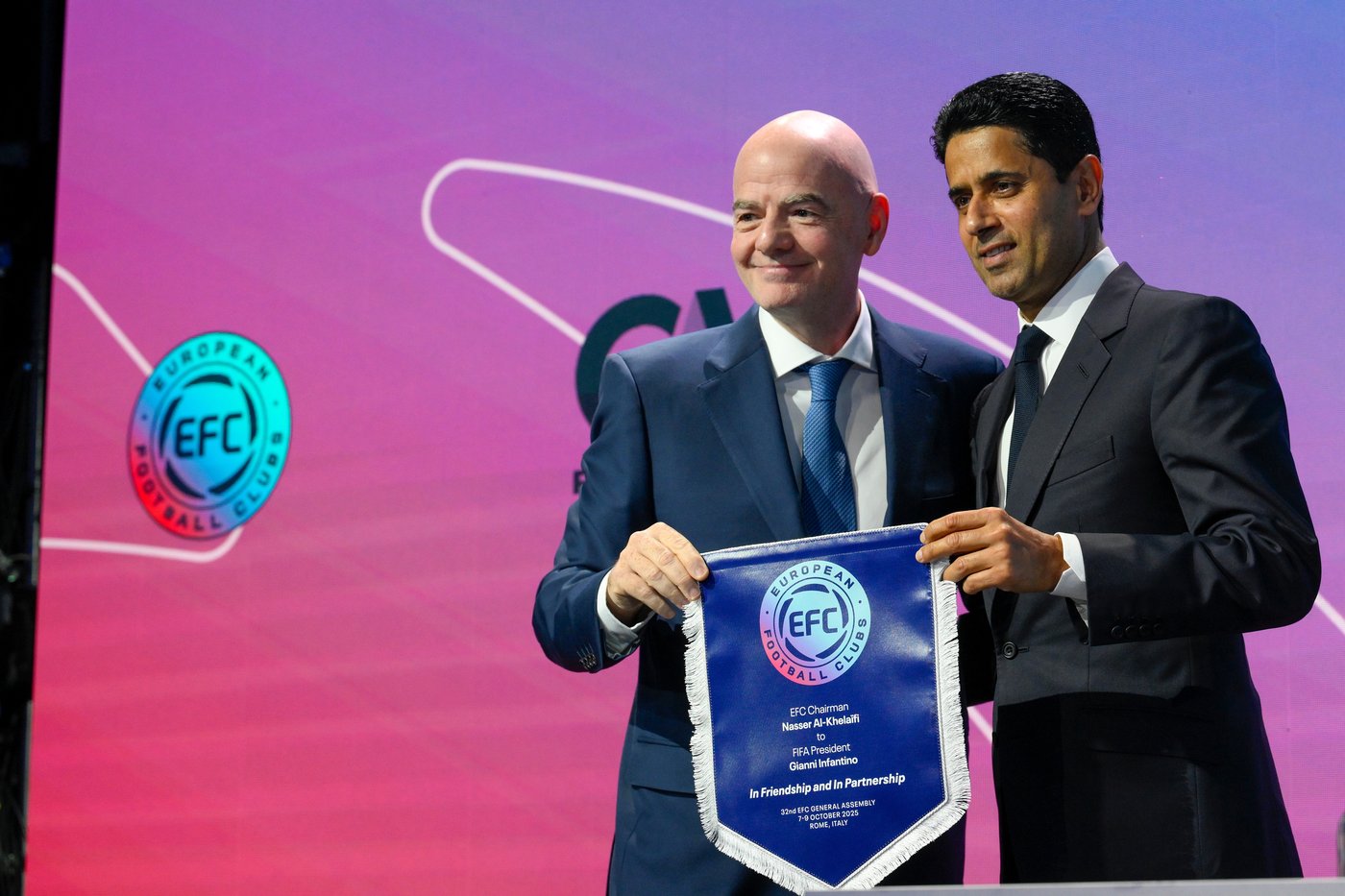
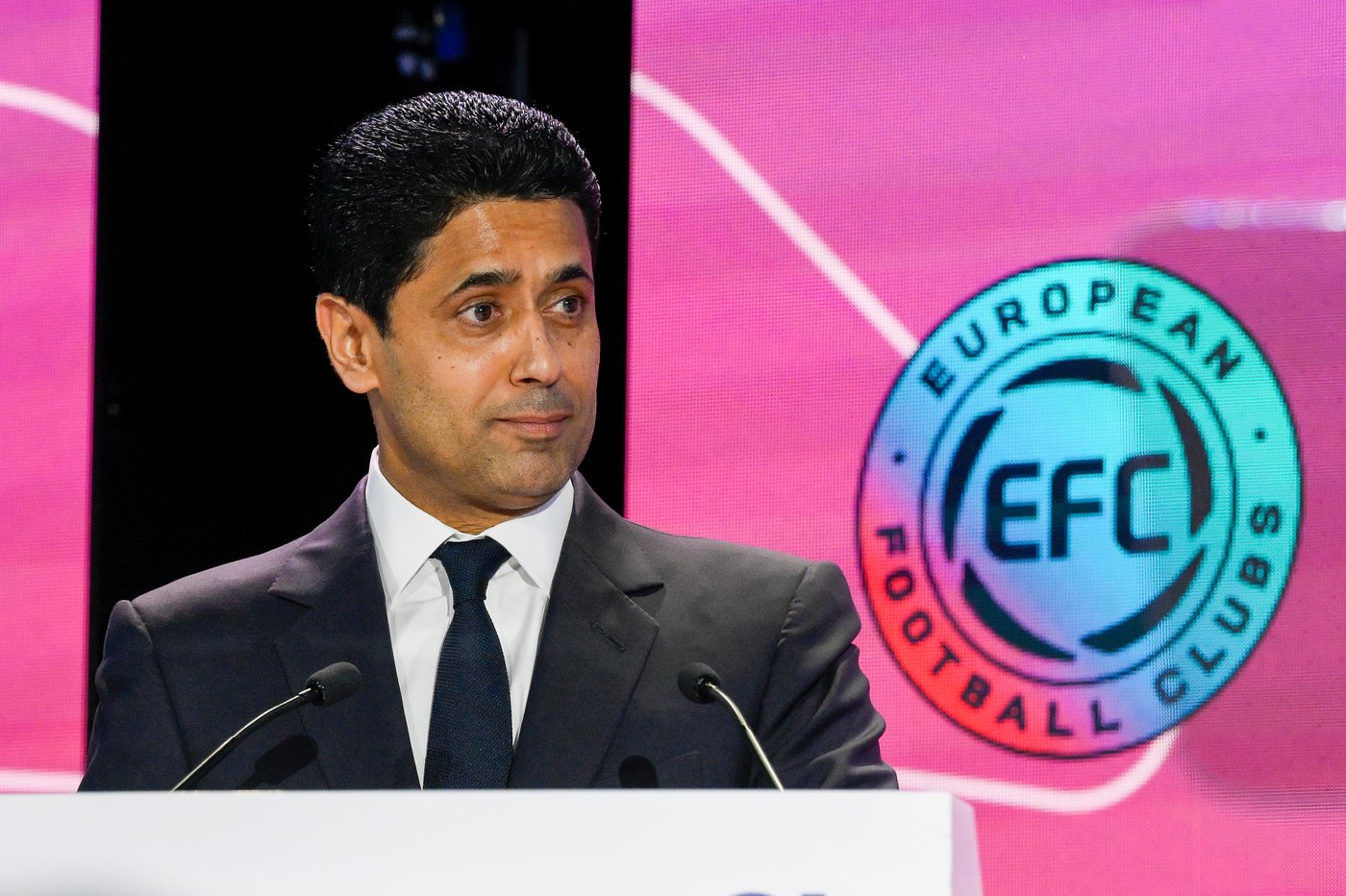
Join the Conversation!
Want to share your thoughts, add context, or connect with others in your community?
You must be logged in to post a comment.














